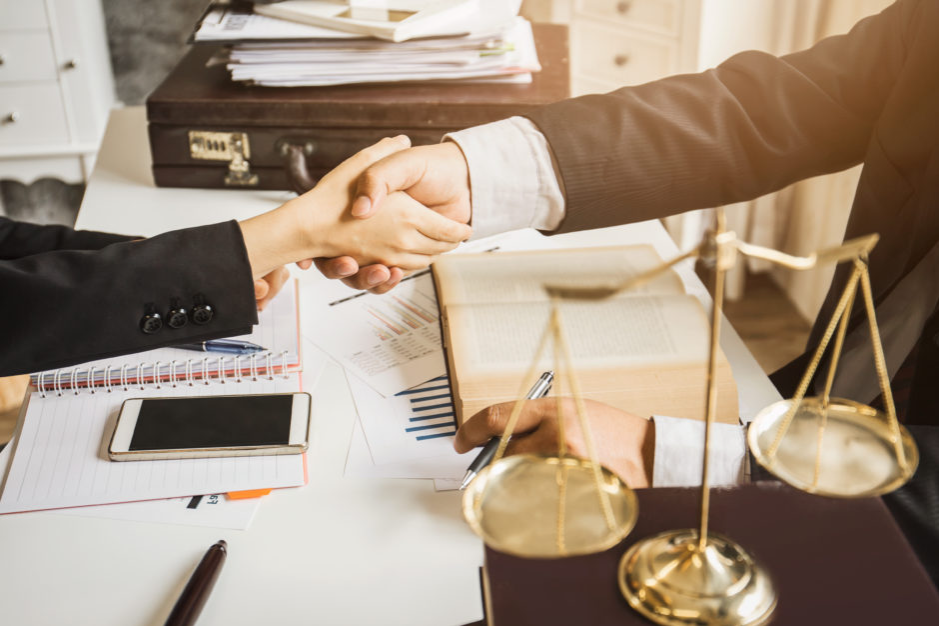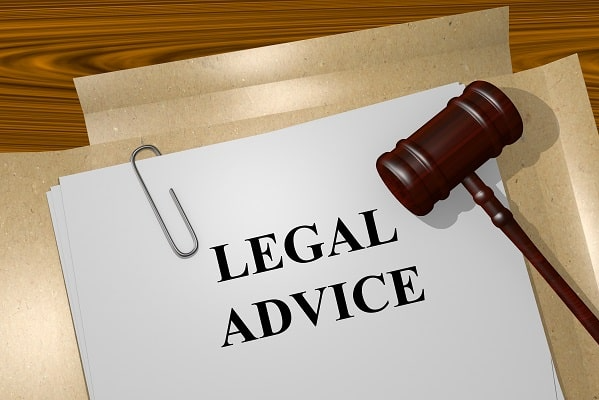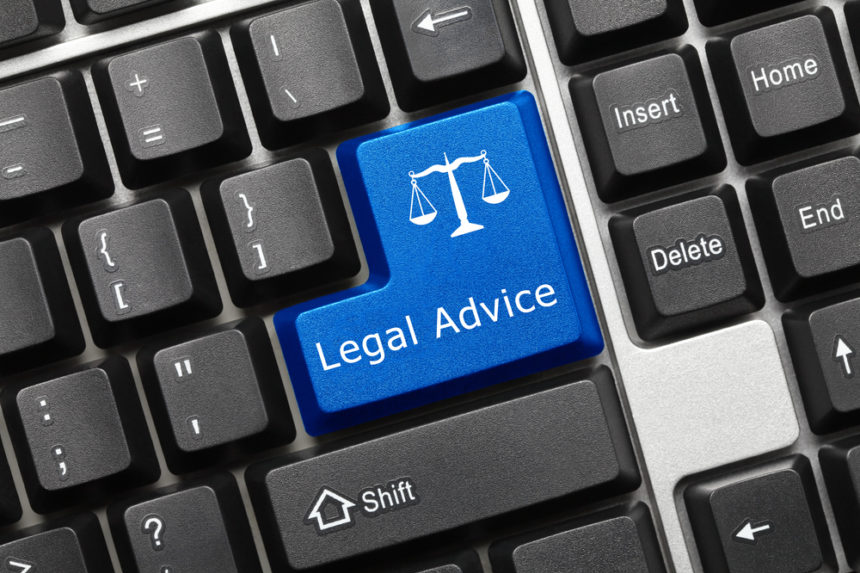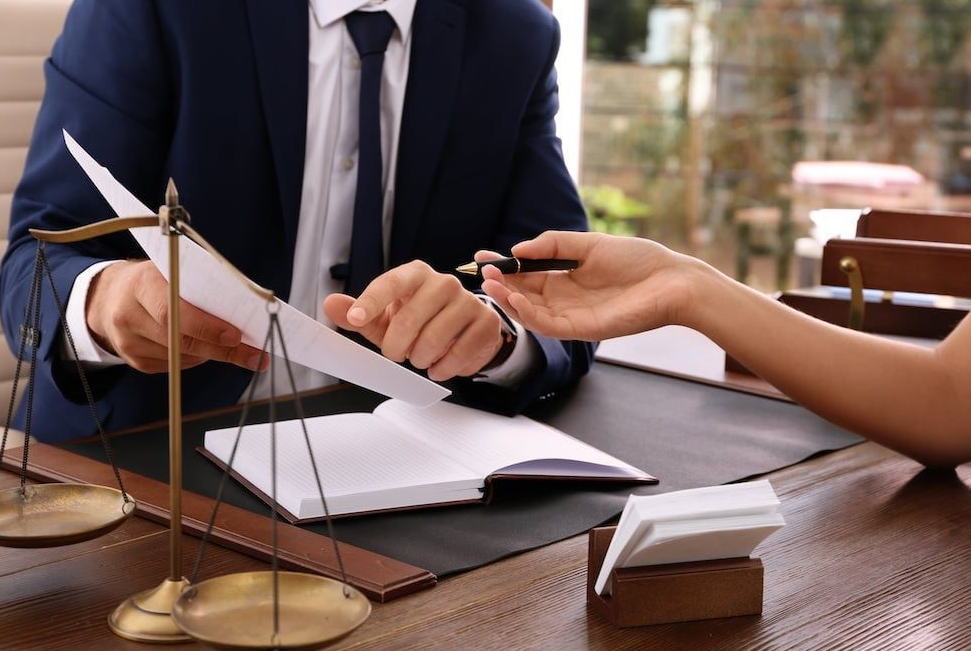Legal advice, you studied law because the law has always been your passion; however, for one reason or another, you have decided not to take the bar exam and, therefore, not to join the register. However, you have read so many legal articles and trade journals that you know more than a licensed professional. Now you would like to put your experience to good use by providing paid legal advice, even online. However, you are afraid that someone could accuse you of the abusive practice of the profession. It’s really like this? Can anyone who is not a lawyer give legal advice?
A person has provided you with legal advice at your request: you have limited yourself to asking her for an opinion and this has put you, in black and white, what the law provides and what are the clarifications of the Supreme Court in this regard. You then discovered that this person is not a lawyer but a simple law graduate. So you don’t want to pay him the fee. Can you cling to this deficit that, in the beginning, was not clarified to you? Is it legitimate to give legal advice if you are not a lawyer?

The issue was resolved by the Supreme Court in several sentences. Here’s what the supreme judges say.
Legal advice: When lawyers have the exclusivity
The law requires enrollment in the register of lawyers only when it is necessary to take legal action, that is, to bring a lawsuit. Before the court and, for cases exceeding $ 1 774 even before the justice of the peace, the citizen can neither defend himself nor resort to the help of professionals who are not qualified lawyers (therefore, just to give an example, not you can be defended by an accountant even if the practice involves notions of commercial or tax law).
Today the lawyer, to be such, must not only have passed the qualification exam at the end of the internship period but must also be registered in the register and the forensic fund, as well as have his own VAT number.
The lawyer, therefore, has the exclusive right to all services of a “judicial” nature, that is, those that involve defense in court and those related to this, such as, for example:
- the drafting of the acts of the case : a practitioner cannot draft the summons, get paid, and then leave the next phase of the defense in hearing to a qualified colleague;
- l ‘ enforcement and foreclosures ;
- assistance before the mediation body in cases where mediation is mandatory. In this case, in fact, it is a preparatory activity to the cause and, therefore, connected to it.
Legal advice: When lawyers do not have the exclusivity

For all other activities, lawyers do not have “exclusivity” although these are often issues that only those who have been professionals for several years are able to resolve. However, the fact remains that an accountant, an engineer, a trade unionist, or a plumber who knows how much a lawyer cannot provide legal advice. But be careful: when the activity is provided for a fee, the consultant also assumes responsibility for any error and, therefore, will be required to compensate the customer who has recommended something wrong (for example, by prescribing a right to compensation for damage).
Just to give some examples, here are the activities that can be carried out by those who are not lawyers:
- legal advice and opinions, provided they are not aimed at the subsequent defense in court;
- drafting of contracts;
- warnings, disputes and formal notice;
- response to letters of formal notice, disputes and formal notice;
- complaints and reports;
- drafting of agreements and transactions;
- conciliations where the presence of a lawyer is not required by law;
- insurance claim for a road accident.
Therefore, the rule is that professional services can be provided by anyone, without therefore being liable for the crime of “abusive exercise of the profession”, except in cases where the law expressly attributes such activities exclusively to those registered on the register.
In the beginning, we referred to a sentence of the Supreme Court. The Supreme Court said that the “performance of intellectual work in the context of legal assistance is reserved for members of the bar associations only within the limits of the representation, assistance and defense of the parties in court and, in any case, of the direct collaboration with the Judge in the scope of the process.
Legal advice: The right to the fee for those who are not lawyers
The aforementioned sentence, therefore, recognizes the right to remuneration for paralegal consultancy provided by a person not registered with the Bar Association.

According to the civil code, the exercise of certain professions requires registration in special registers, with the consequence that the carrying out of these activities by non-registered subjects – which may even constitute the crime of abusive exercise of the profession – does not give the right to compensation, even if the service has been useful to the customer, or has achieved the desired result. On the contrary, the client can ask for a refund of any amount paid, while the professional cannot request the reimbursement of the expenses incurred.
The performance of intellectual work in the context of legal assistance is reserved for those enrolled in the legal registers only within the limits of representation, assistance, and defense of the parties in court and in any case of direct collaboration with the judge in the context of the trial while, beyond outside these limits, the activity of legal assistance and advice, whether it is carried out through the completion of defensive acts or simple opinions, even if it involves contacts with the other party and attempts to settle out of court, cannot be considered reserved for enrolled in the register of lawyers and solicitors. Consequently, it gives the right to compensation in favor of the person who exercises it.
Another article on this blog that may interest you:
Legal Advice: How can I get it free?

